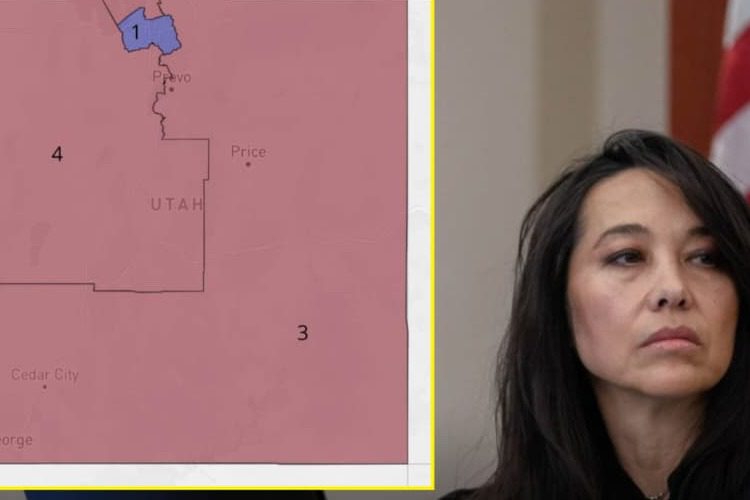Utah Republicans Launch Impeachment of Judge Dianna Gibson After She Tosses GOP-Drawn Map and Hands Democrats Their First Congressional Seat in Decades
In a stunning political storm that’s sending shockwaves through Utah’s conservative stronghold, state Republicans are moving swiftly to impeach Judge Dianna Gibson after her controversial decision to throw out the GOP’s congressional map and replace it with one that gives Democrats a long-coveted opening in the state. The ruling, handed down late on November 10, 2025, could reshape Utah’s political landscape for the first time in decades — shifting the balance from four Republican-held districts to a 3–1 split that introduces a Democratic-leaning seat in the Salt Lake City area.
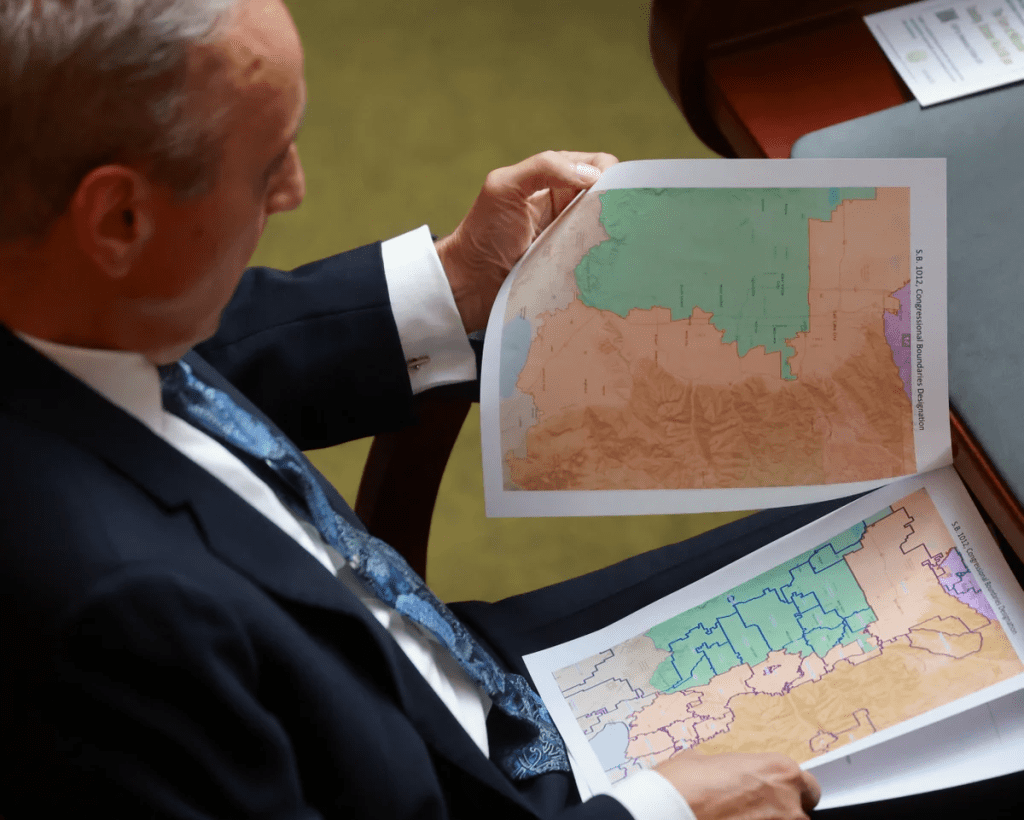
The decision, which arrived just before a crucial court deadline, immediately ignited outrage among Utah’s Republican leadership, who accused Judge Gibson of overstepping her authority and “undermining the will of the people.” State Representative Matt MacPherson, a rising GOP figure known for his combative defense of Utah’s conservative values, announced within hours that he would introduce articles of impeachment against Gibson. “This is a gross abuse of judicial power,” MacPherson declared during a late-night press conference. “Judge Gibson has violated the separation of powers and failed to uphold her oath to the Utah Constitution. She does not get to rewrite the political future of this state from the bench.”
The controversy centers on Utah’s redistricting process following the 2020 census. In 2021, the Republican-led legislature approved a map that divided Salt Lake City — the state’s only reliably Democratic area — among several Republican-leaning districts, effectively securing a 4–0 GOP advantage. That map had been challenged by the League of Women Voters of Utah and Mormon Women for Ethical Government, along with a coalition of Democratic and independent voters who argued that it diluted urban voices and violated the fairness standards voters approved under Proposition 4, Utah’s 2020 anti-gerrymandering measure.
Judge Gibson’s ruling sided squarely with those plaintiffs, calling the legislature’s map “a textbook case of partisan entrenchment.” In a sharply worded 72-page decision, she declared that Utah voters “did not intend for elections to be rigged by geography” and ordered the immediate implementation of a new congressional map drafted by independent advocacy groups. That map consolidates much of Salt Lake County into a single district — one projected to lean slightly Democratic in the 2026 House elections — while leaving the other three districts safely Republican.
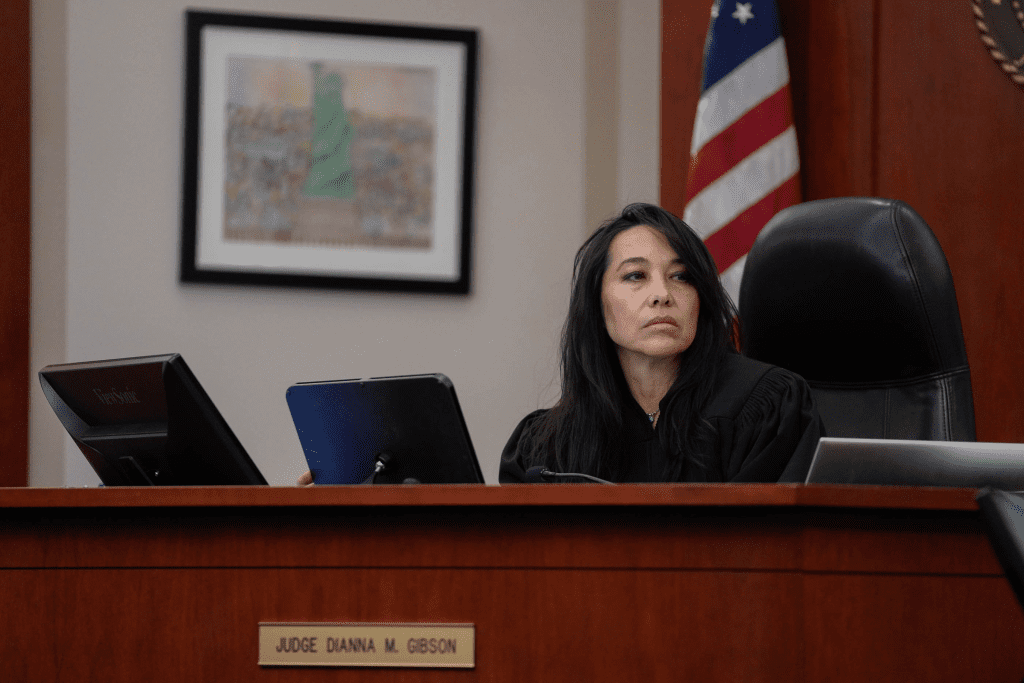
For Republicans, the move feels like judicial interference in one of the reddest states in America. “Utah has always been a model of conservative leadership and constitutional order,” said state Senate President Evan Vickers. “This judge took it upon herself to give Democrats a seat they couldn’t win at the ballot box. It’s an outrage.” Conservative commentators across social media echoed that sentiment, calling the decision an “attack on representative democracy” and accusing Gibson of “legislating from the bench.”
Representative MacPherson’s impeachment push is gaining momentum quickly. Within 24 hours of his announcement, more than a dozen GOP lawmakers had signaled their support. “This is not about partisanship; this is about accountability,” MacPherson told reporters in Salt Lake City. “If a judge can unilaterally alter the political map of an entire state, what’s next? We cannot allow one unelected official to do what the legislature — and by extension, the people — never approved.”
The Utah GOP is now preparing for what could become one of the most consequential impeachment battles in the state’s modern history. Legal scholars note that while judicial impeachments in Utah are rare, the legislature does have constitutional authority to remove judges for “gross misconduct” or “violation of judicial duty.” Still, the process is expected to ignite fierce debate — not only over the map itself, but over the broader balance of power between the judiciary and the legislature.
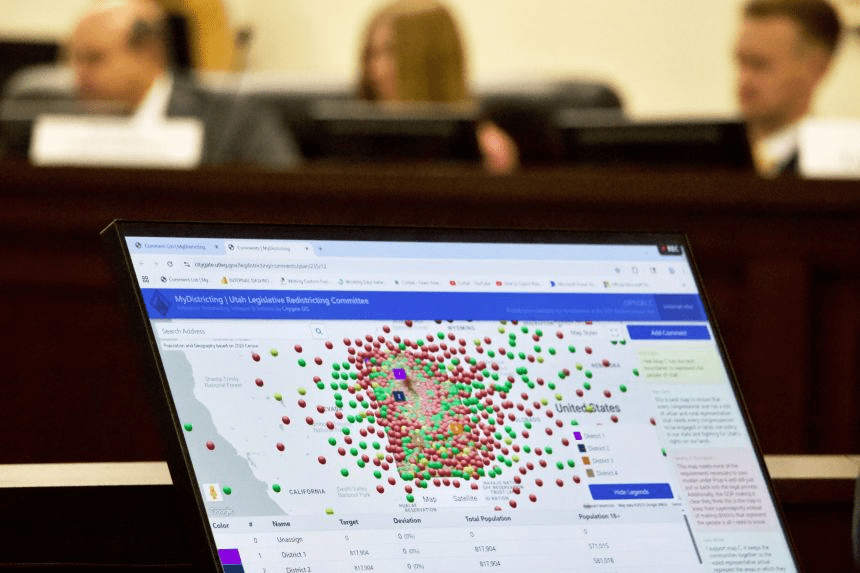
Nationally, the case is drawing attention as part of a growing clash over redistricting that has defined American politics since the 2020 census. Across multiple states, courts have intervened in partisan map disputes, often with results that tilt power toward Democrats. Just this year, North Carolina and Alabama saw similar rulings that redrew Republican advantages, while in states like Ohio and Florida, conservative legislatures have pushed back, framing the issue as a fight for constitutional integrity. Utah’s situation now becomes the latest flashpoint in that national battle — but one with uniquely high stakes in a deep-red state.
Judge Gibson’s defenders argue that her decision simply enforces what Utah voters demanded when they passed Proposition 4, a ballot initiative designed to curb gerrymandering and ensure “fair and impartial representation.” Supporters of the ruling point out that Gibson followed the law by selecting a map proposed by neutral, citizen-driven groups after the legislature failed to meet court-ordered deadlines. “This is not judicial activism — it’s judicial responsibility,” said Allison McBride, president of the League of Women Voters of Utah. “The legislature had years to fix its unconstitutional map. It refused. The court had no choice but to act.”
But conservatives aren’t buying it. Many see the involvement of groups like the League of Women Voters and Mormon Women for Ethical Government — both of which lean left on social issues — as proof that the ruling was politically motivated. “This was not an independent process,” said former Utah GOP chair Derek Brown. “These so-called ‘nonpartisan’ groups have a long history of aligning with Democratic interests. To pretend otherwise insults everyone’s intelligence.”
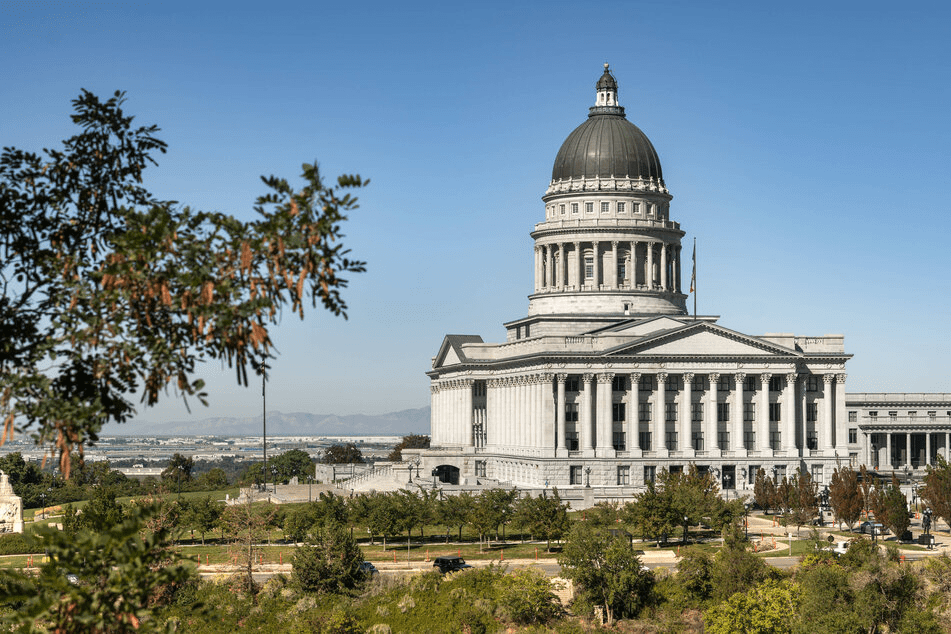
The emotional divide over the ruling reflects a deeper ideological battle playing out across the state. In rural areas like Iron County and Washington County, voters have voiced frustration and disbelief. “It feels like they’re trying to change who we are,” said rancher and lifelong Republican Tim Hardy. “We’ve voted red for decades because those are our values. Now a judge comes in and decides one city should control the whole state’s politics? That’s not fairness — that’s theft.”
Meanwhile, Democrats in Utah are celebrating what they see as a rare victory in a state long dominated by the GOP. “This is a turning point,” said Democratic Party Chairwoman Diane Lewis. “For the first time in years, Utahns will have a real choice in at least one district. It’s healthy for democracy.”
Still, even some moderate observers caution that the fallout could be severe. Legal experts warn that impeachment proceedings against a sitting judge over a redistricting ruling could set a dangerous precedent. “This case is a powder keg,” said University of Utah law professor Brent McKay. “If the legislature impeaches a judge for enforcing voter-approved standards, it raises serious concerns about judicial independence. But at the same time, if courts begin dictating legislative boundaries without limits, it undermines the very principle of separation of powers.”
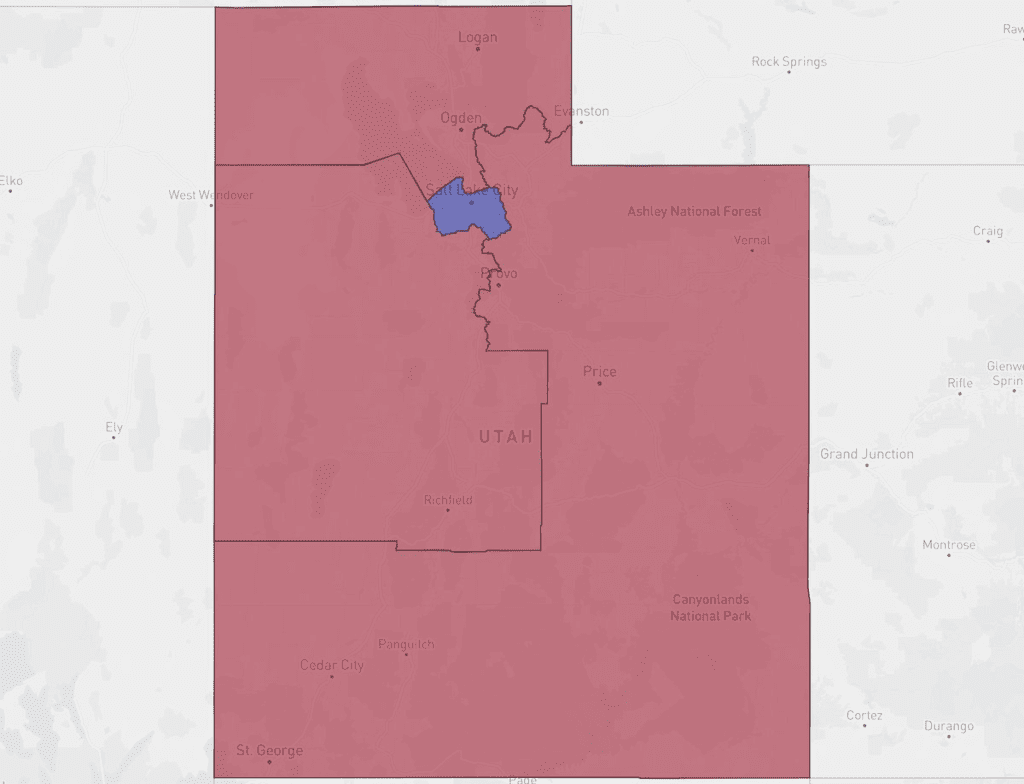
As the political firestorm intensifies, Utah’s governor has remained cautious, urging both sides to “respect the process.” But behind closed doors, sources say Republican officials are preparing a coordinated response aimed at appealing Gibson’s ruling to the Utah Supreme Court while simultaneously pursuing impeachment. “We’re not going to let this stand,” one senior party official said bluntly. “Utah voters didn’t ask for a Democrat seat — a judge gave it to them. That’s not how democracy works.”
National Republicans are also paying close attention. Several high-profile figures in the party have already weighed in, praising Utah’s GOP for “defending the Constitution.” Former President Donald Trump reposted a clip of MacPherson’s press conference on Truth Social, calling it “a great stand against judicial overreach” and adding, “The people of Utah will not be silenced by activist judges.”
For many conservatives, the outrage is about more than just one map — it’s about what they see as a steady erosion of traditional authority by activist courts and unelected bureaucrats. “Every time we turn around, someone in a robe is trying to overrule the people who actually got elected,” said Utah Congressman Chris Stewart. “This is about restoring the balance. If the legislature doesn’t fight back, the judiciary will think it can do whatever it wants.”
As Utah braces for what could become a defining moment in its political history, one thing is clear: this battle is far from over. The impeachment proceedings are expected to begin within days, setting up a dramatic confrontation that could determine not just the future of one judge, but the ideological future of the state itself.
For now, Republicans are standing firm, unified behind MacPherson’s call for accountability. “This is not just a political fight — it’s a constitutional one,” he said Monday night. “We will not let one judge rewrite the will of millions.”
